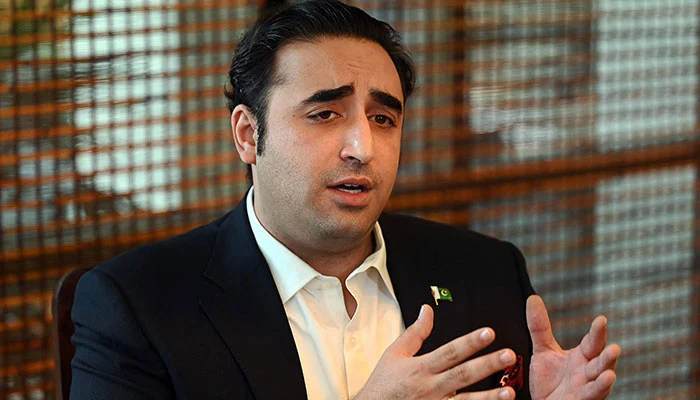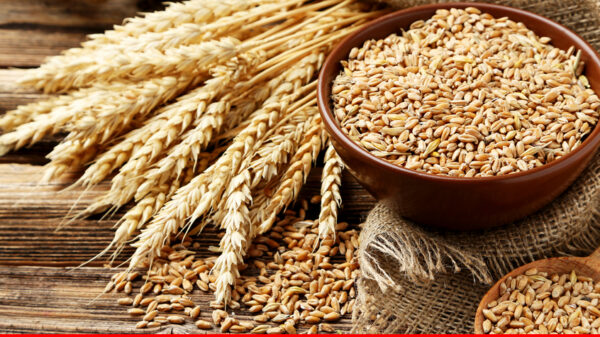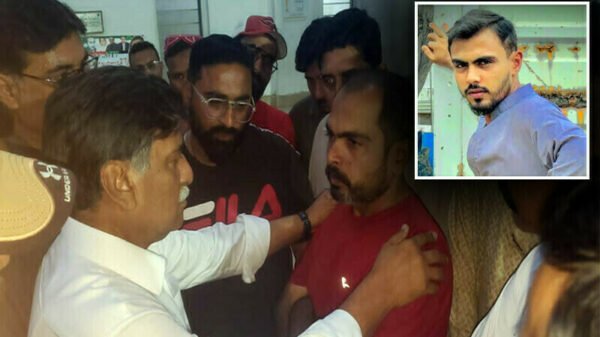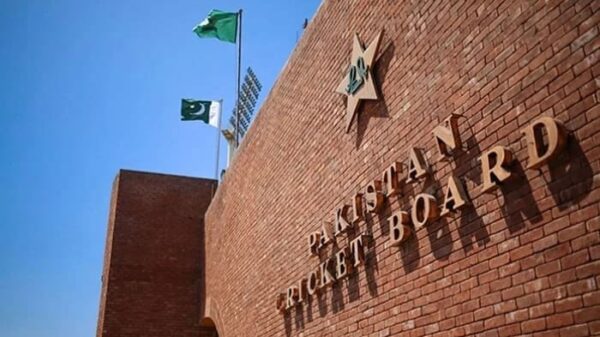Mediation Offer
With opposition parties preparing for a nationwide protest campaign after Eid ul Fitr, the federal government has officially accepted Pakistan Peoples Party (PPP) Chairman Bilawal Bhutto-Zardari’s mediation offer.
On Tuesday, the government assigned him the responsibility of initiating negotiations with the Pakistan Tehreek-e-Insaf (PTI) in an effort to ease the country’s ongoing political tensions.
The decision came just a day after Bilawal, during a ceremony at Governor House Lahore, publicly offered to mediate between the government and the opposition. He expressed his willingness to facilitate a national dialogue, emphasizing the need for political forces to come together for constructive discussions. “I have informed the prime minister that the PPP is ready to act as a bridge between political forces to foster dialogue and cooperation,” he stated.
Speaking on Geo News’ morning show Geo Pakistan, Adviser to the Prime Minister on Political and Public Affairs, Rana Sanaullah, confirmed that the government had accepted Bilawal’s offer. He added that if Bilawal could secure PTI’s assurance to participate, there would be no issue in reconvening the National Security Committee meeting.
Bilawal, in his speech, also called on the government to engage all political parties, including those that had previously boycotted the high-level meeting on national security. He urged Prime Minister Shehbaz Sharif to convene another meeting, even if it were to take place a month later, to build a national consensus against the rising threat of terrorism.
PTI’s Stance on Dialogue with the Government
Despite this new mediation effort, the PTI leadership has repeatedly dismissed the possibility of negotiations with the current government. The party, under its founder Imran Khan, had initially engaged in talks with the Pakistan Muslim League-Nawaz (PML-N)-led government in late December 2024 to de-escalate political tensions.
However, the talks were called off in January 2025, after the government failed to establish judicial commissions to investigate the May 9, 2023 riots and the events between November 24-27, 2024, related to PTI’s protest in Islamabad.
PTI leader Omar Ayub Khan, in February 2025, categorically ruled out the possibility of resuming discussions, declaring that the “chapter of talks is now closed.” He stressed that political negotiations could not be conducted based on mere verbal commitments but required firm assurances—something he claimed the government had failed to provide.
According to Ayub, PTI had engaged in three rounds of talks with the government in good faith and had even presented a written charter of demands. However, he alleged that the government neither displayed goodwill nor demonstrated serious intent. Due to this lack of commitment, PTI refused to attend a fourth round of talks, citing the government’s failure to form a judicial commission to investigate the May 9 riots and November 2024 protests.
Challenges Ahead for Bilawal’s Mediation
While Bilawal Bhutto-Zardari’s mediation initiative has been formally endorsed by the government, its success remains uncertain given PTI’s strong stance against negotiations.
As the PPP is part of the ruling coalition, the government views Bilawal’s role as crucial in breaking the deadlock. If he succeeds in bringing PTI to the table, it will be seen as a major political breakthrough. However, with PTI continuing to reject dialogue, the effectiveness of Bilawal’s efforts remains to be seen.
With the opposition gearing up for fresh protests and the government seeking to stabilize the political landscape, the coming weeks will be critical in determining whether this new mediation effort will lead to meaningful political engagement or further deepen the existing divisions.










